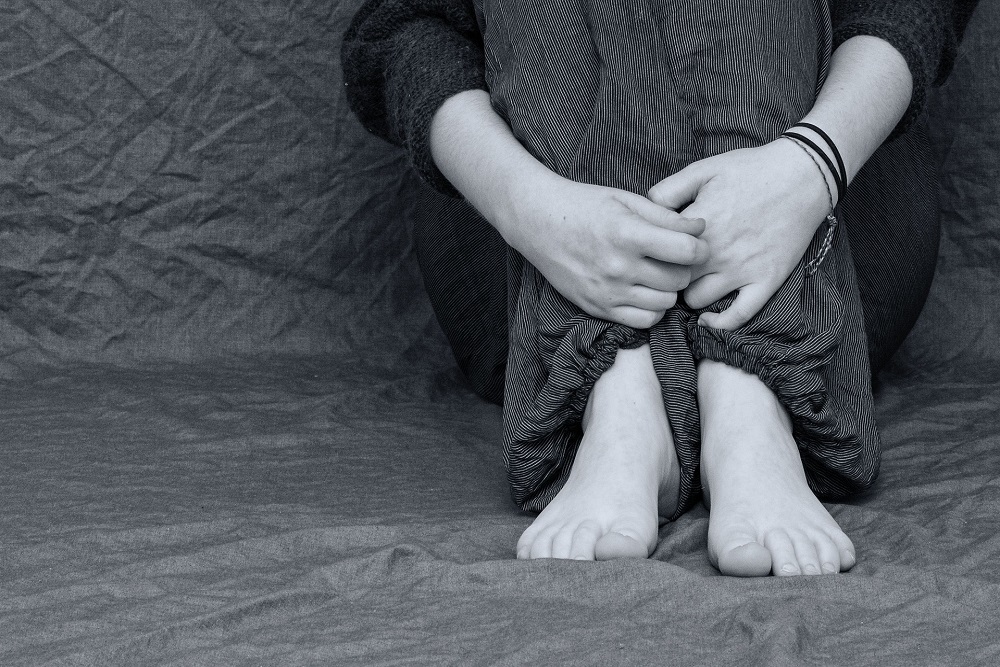According to recent research by scientists from the Douglas Hospital Research Centre and McGill University, Montreal, there is a correlation between depression and negative memory storage.
Depression is one of the most widespread mental health problems, and more often, it is observed among school children and teenagers.
According to their findings, the parts of the brain which are responsible for the storage of memories with a negative connotation, called engrams, could have a heightening effect on the symptoms of depression.
In simple terms, the study found that mice that had more negative memories to revisit, were more susceptible to developing symptoms of depression, than mice with a smaller reserve of negative memory.
This is an exciting development in the study of mental health and neuroscience, as it might lead to more fundamental treatments of depression. While there is a significant concern for the rise of patients exhibiting depression symptoms, such studies bring a ray of hope to people suffering from similar mental health problems.
Depression and negative memory storage in schools
Unfortunately, depression is becoming a regularly observed condition in schools. More and more young adults report having symptoms of severe depressive episodes.
According to recent statistics, more than thirty percent (30%) of students in South Korea report that they have had suicidal thoughts as a result of severe depression and anxiety episodes.
While most of the students report that their anxiety is a result of the immense workload and pressure they experience in school, a good part of their triggers might come from students’ negative memory storage.
Depression is an increasingly predominant condition among students, and the fact that it might be related to negative memories in the past, more than to school-related stress is a somewhat positive development.
Of course, schools should focus on making these years of a child’s development less stressful and more enjoyable. There should be a conscious effort to provide adequate mental health care in schools, as many students indeed report the need for such professional care.







